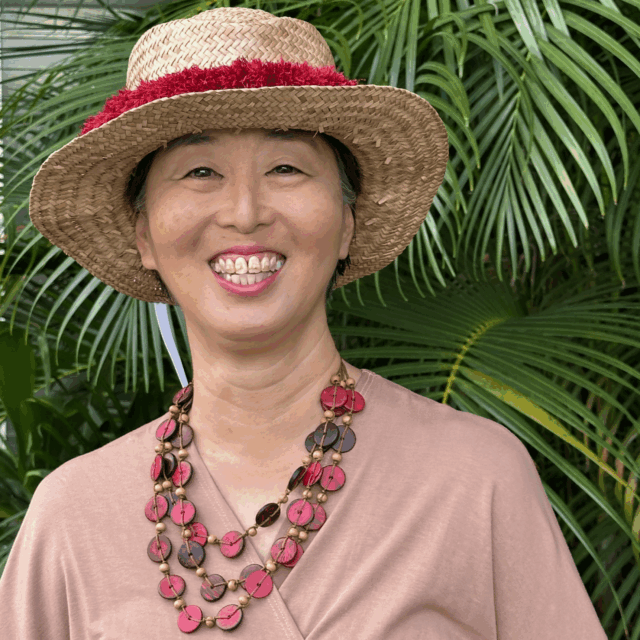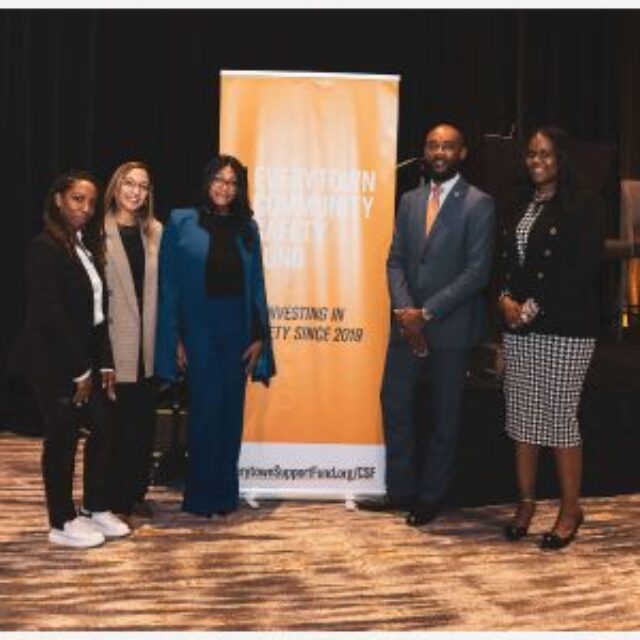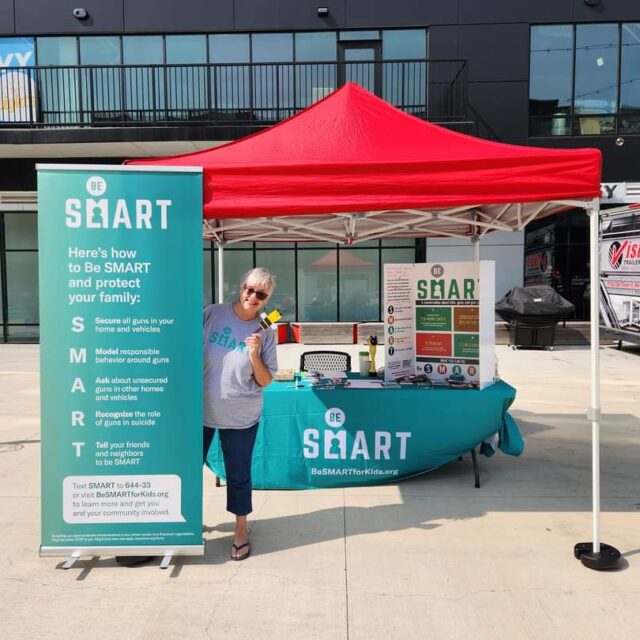Getting shot at 17 changed me forever—now I work to inspire others to make better choices.
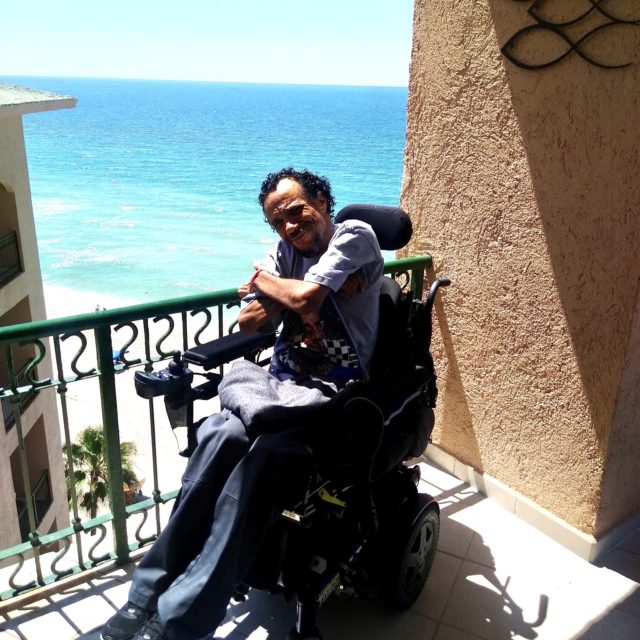
By: James Hinkley Wade 8.27.2021
Growing up in Arizona and California, I was exposed to domestic violence and other adverse childhood experiences. My father and mother fought a lot, and so my mother prioritized getting me involved with sports to bring more stability to my life.
I was great at soccer, wrestling, and football, and I was a good-looking kid. I became popular at school. But by the time I was in seventh grade, I was getting jumped and harassed by my peers. I was fearful and didn’t want to be scared anymore—I wanted people to fear me. So I started hanging out with guys from the neighborhood who were in gangs. By eighth grade, I was officially in a gang, drinking alcohol regularly, and carrying a pistol.
When I was 17, a friend told me that someone had pulled a gun on him at a party, so I eagerly went to find the guy to fight him. I tracked him down and started a fight, but then he suddenly ran off. At the time, I didn’t realize he went to retrieve a gun. Later, he came back to the party and pulled a gun on me. I reached out to grab it, but nobody’s faster than a bullet.
He shot me in the neck, hitting a main artery, leaving my brain without oxygen for several minutes, and piercing my spinal cord at the C6 vertebra. I was paralyzed.
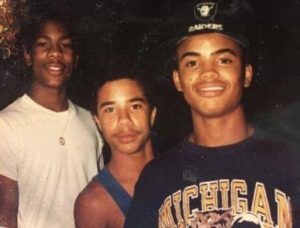
I looked up and saw shadows over me. I prayed to God to let me live. I remember closing my eyes and seeing my life flash before me. I saw a light that kept getting brighter and brighter, and suddenly I woke up in a hospital bed with a tracheostomy tube down my throat.
When I returned to school in a wheelchair after the shooting, a teacher, Jennifer Rauhouse, encouraged me to use what happened to me to help others. Together, we created an anti-violence program at school, and Jennifer now runs an organization called Peer Solutions that addresses the underlying causes of harmful behaviors.
In 1994, I appeared in a BBC documentary called “Shot by a Kid.” I started to see how I was making a difference by telling my story. I enrolled in junior college and then Arizona State University because I wanted to continue helping people. I started working with at-risk youth in Phoenix and got involved with Arizonans for Gun Safety.
I was teaching kids that decisions have consequences, but I didn’t feel like I was making enough of an impact. I wanted to align myself with people who are involved in policy reform. That’s when I got involved with the Everytown Survivor Network and the Arizona chapter of Moms Demand Action.
Everytown put a spark under me and made me want to do even more. I worked with other Moms Demand Action volunteers to get the City of Phoenix to issue a proclamation recognizing June 4 as Wear Orange, when we honor victims of gun violence on National Gun Violence Awareness Day. I also took a young gunshot survivor under my wing and motivated him to get involved with activism.
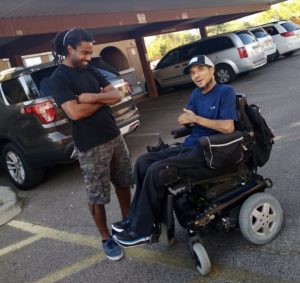
Getting shot changed me forever. I feel hopeful about the future when I inspire others to make better choices. Guns should be stored locked, unloaded, and separate from ammunition, they should not be glorified. I’ve lived that life, and I know guns won’t solve your problems. Rather than picking up a gun, people need to listen to other people’s experiences, like mine, and learn from them. I want to be used in this way, to talk to people, to have this conversation.
I truly appreciate the support I’ve received from my mom, dad, sisters, and brothers throughout the years. My kids, grandkids, and ex-wife Amanda along with the rest of my family have been the driving force in keeping me on track with leading a prosperous life. I am also grateful for my dear friends who uplift me when I’m feeling down.
The Everytown Survivor Network also has my back, and I feel supported and happy to be involved with this movement. Gun violence impacts us all, and we all have to be part of the solution.
Join a Community of Survivors
The Everytown Survivor Network welcomes anyone who has personally experienced gun violence—whether you have witnessed an act of gun violence, been threatened or wounded with a gun, or had someone you know and cared for wounded or killed.
Get InvolvedAuthor
-
James Hinkley Wade
James Hinkley Wade is an anti-gun violence activist from Arizona and a member of the Everytown Survivor Network.


